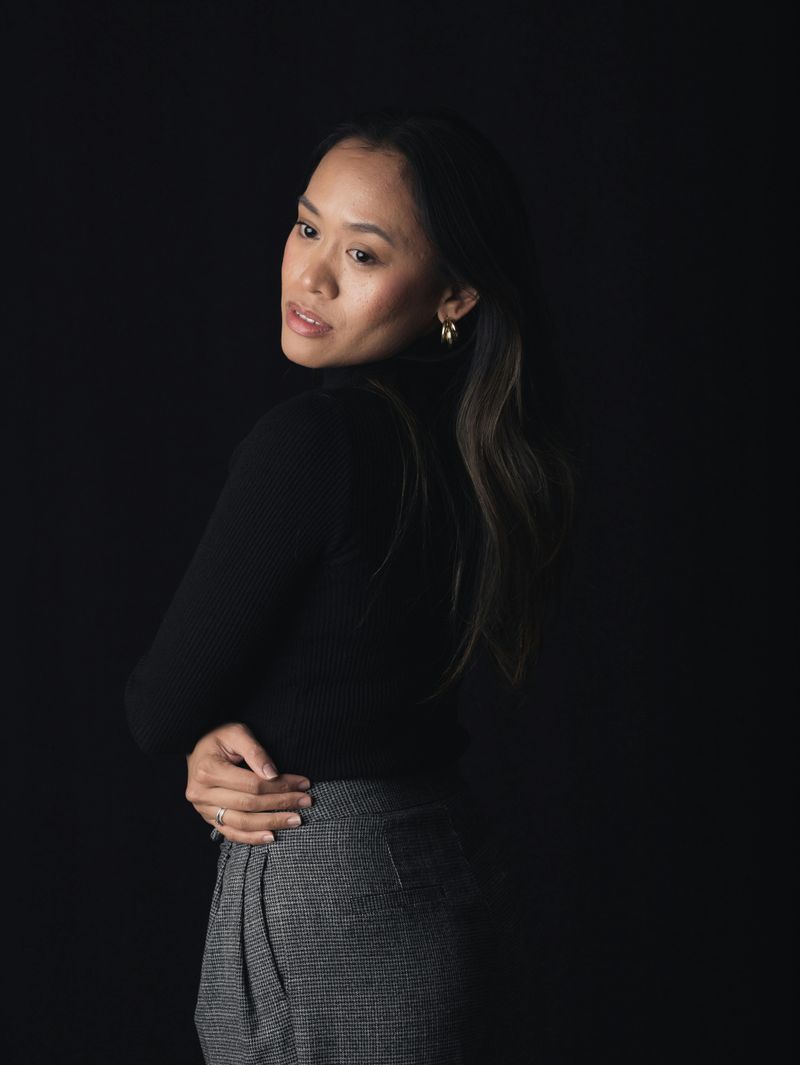12 Hidden Signs a Woman’s Soul Is Hurting More Than She Lets On

Sometimes the strongest people carry the heaviest burdens in silence. Women especially have learned to hide their pain behind smiles, productivity, and endless giving. Recognizing these subtle signs can help you understand when someone you care about needs support, or when you yourself need to pause and acknowledge your own struggles.
1. She Overfunctions So No One Has to See Her Needs

Constant motion becomes her escape route from vulnerability. When a woman fills every moment with tasks, errands, and caretaking, she’s often running from something deeper.
Busyness serves as armor against having to admit she needs anything from anyone. She’ll organize everyone else’s life while her own emotional world crumbles quietly in the background.
This pattern creates exhaustion that goes beyond physical tiredness. Her soul grows weary from never allowing herself the space to simply be human and ask for help. Breaking this cycle requires recognizing that needing support isn’t weakness—it’s honest and necessary.
2. She Laughs at the Saddest Parts of Her Story

Humor can be a beautiful coping tool, but sometimes it becomes a mask. When painful experiences get wrapped in jokes and casual dismissals, something important is being hidden.
She might tell you about her worst moments with a laugh, making light of events that clearly left scars. This deflection protects her from having to face the weight of what she’s endured.
The disconnect between her words and her wounds creates distance from healing. Real recovery starts when she can speak her truth without needing to soften it for others’ comfort or her own avoidance.
3. She’s Allergic to Receiving

Watch what happens when someone tries to compliment her or offer genuine help. Does she deflect, minimize, or immediately change the subject?
Women who struggle to receive often feel safer in the giving role because it keeps them in control. Accepting care requires vulnerability—admitting you’re not entirely self-sufficient, that you have needs and limits.
This resistance reveals a deeper wound around worthiness. Somewhere along the way, she learned that her value lies in what she provides, not in who she is. Healing means learning to accept love without earning it first.
4. Her Boundaries Are Either Paper-Thin or Steel

Healthy boundaries exist in the middle ground, but pain often pushes women to extremes. She either says yes to everything, absorbing everyone’s problems until she’s depleted, or she shuts down completely.
These swings reflect an internal struggle with self-protection. She hasn’t learned how to guard her energy without guilt or create space without total withdrawal.
Both extremes leave her feeling disconnected—either from herself or from meaningful relationships. Finding balance requires understanding that protecting yourself doesn’t mean abandoning others, and opening up doesn’t mean losing yourself completely.
5. She Disappears Into Competence at Work

Achievement becomes her identity when her heart feels too fragile to examine. Pouring everything into professional success creates measurable validation that emotional work can’t provide.
She stays late, takes on extra projects, and measures her worth through accomplishments and recognition. Productivity numbs the ache that surfaces during stillness.
This coping mechanism works temporarily, but exhaustion eventually catches up. Her resume might look impressive while her spirit feels bankrupt. True fulfillment requires acknowledging that her value isn’t determined by output, but by her inherent humanity and the courage to feel everything she’s been avoiding.
6. She Apologizes for Existing—Or Never Apologizes at All

Both extremes signal the same internal wound: an inability to occupy space comfortably. Some women apologize for breathing too loudly, taking up time, or having basic needs.
Others swing the opposite direction, building walls of defensiveness where genuine accountability can’t penetrate. Neither approach allows for authentic connection or self-acceptance.
The constant apologies reveal someone who believes she’s inherently too much or not enough. The absence of any apology suggests she’s protecting a fragile sense of self behind rigid armor. Balance comes from recognizing your right to exist fully without shame or overcompensation.
7. She Has No Rituals That Are Just for Her

Every moment of her day revolves around duty, obligation, and what others need. Ask her about personal rituals—morning routines that nourish her soul, evening practices that bring peace—and she’ll likely draw a blank.
Self-care feels selfish or indulgent to someone whose worth is tied to service. She’s forgotten that renewal isn’t optional; it’s essential for sustainable living.
Without sacred time carved out for herself, she runs on empty while everyone else’s cups stay full. Reclaiming small rituals—a quiet cup of tea, a walk alone, ten minutes of stillness—begins the journey back to herself.
8. She Tells the Story in Past Tense While She’s Still Living It

Listen carefully to how she frames her pain. Does she speak about difficult experiences as if they’re completely resolved when the wounds are clearly still fresh?
This premature closure comes from desperately wanting the hurt to be over. She convinces herself and others that she’s moved on because facing ongoing struggle feels unbearable.
But healing isn’t linear, and pretending to be finished stunts genuine recovery. Real progress happens when she can acknowledge where she actually is, not where she wishes she were. Honesty about the present creates space for authentic transformation.
9. Her Body Is Speaking Louder Than Her Calendar

Chronic headaches, persistent fatigue, unexplained tension—these aren’t just random inconveniences. When emotional pain gets suppressed, the body eventually demands attention through physical symptoms.
She might dismiss these signals as stress or lack of sleep, not recognizing them as deeper cries for help. Her calendar looks manageable, but her body tells a different story.
Physical manifestations of emotional distress serve as important messengers. Ignoring them only makes the underlying issues more insistent. Listening to what her body is trying to communicate opens pathways to addressing what her mind has been avoiding.
10. She’s Fine—Always Fine—Until a Tiny Thing Breaks the Dam

She maintains perfect composure through major crises, handling everything with apparent ease. Then a minor inconvenience—spilled coffee, a forgotten appointment, a small disappointment—unleashes months of buried emotion.
This pattern reveals how tightly she’s been gripping control. She’s held so much inside that her emotional container has no room left for even tiny frustrations.
These breakdowns aren’t about the trigger; they’re about accumulated, unprocessed pain finally finding an exit. Creating space to feel difficult emotions regularly prevents these overwhelming floods and allows for healthier emotional processing.
11. She Becomes Emotionally Numb or Detached

When feeling becomes too overwhelming, shutting down offers temporary relief. She moves through life with a strange flatness, neither particularly happy nor visibly sad.
This emotional numbness protects her from pain, but it also blocks joy, connection, and meaning. Her calm exterior looks like strength when it’s actually exhaustion from suppressing everything.
Detachment creates safety in the short term while slowly eroding her sense of being alive. Reconnecting with feeling—even uncomfortable ones—restores vitality and authentic presence. The goal isn’t constant happiness but the full, honest experience of being human.
12. She Avoids Meaningful Conversations or Keeps Everything Superficial

Notice how she steers every conversation toward safe topics—weather, work logistics, surface-level observations. When discussions drift toward feelings or vulnerable territory, she redirects or disappears.
This avoidance protects her from exposure. Going deep means risking that someone might see the pain she’s working so hard to conceal. Superficial interactions feel safer but leave her feeling isolated and misunderstood.
Real connection requires the courage to be seen fully, including the messy, hurting parts. Choosing vulnerability over protection opens doors to genuine support and belonging that surface-level exchanges can never provide.

Comments
Loading…